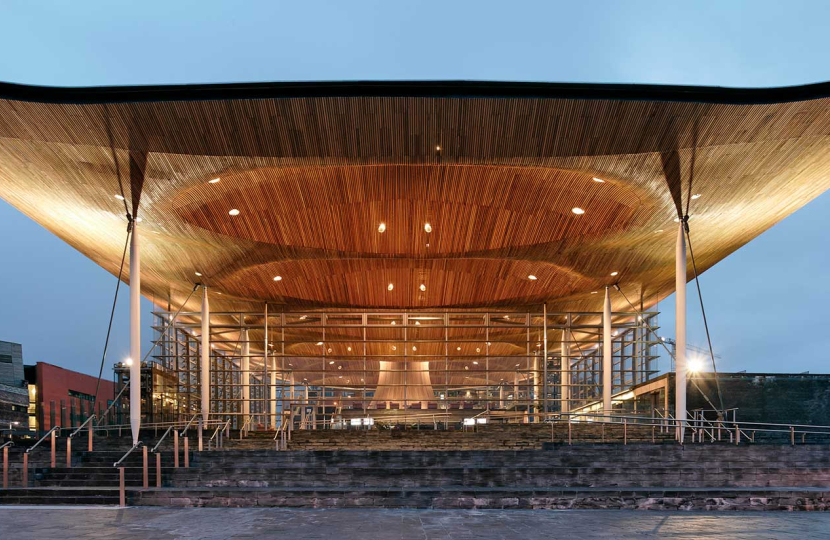
Updated January 2025
Changes to Senedd Elections and Increased Members
There will be an increase in the number of Members of the Senedd from 60 to 96. This follows a final vote that took place in May (2024).
Labour and Plaid Cymru Senedd Members, along with the one Liberal Democrat MS, voted in favour of The Senedd Cymru (Members and Elections) Act. All Welsh Conservative members of the Senedd voted against this legislation. I was not in favour of the legislation, and I want to set out the changes and why I am opposed to them.
The passing of this Bill means that the size of the Senedd will increase to 96 Members from May next year. There is also a change to the electoral system to one fully based on proportional representation; voters will now vote for a party instead of a candidate.
Now the legislation has become law, this means that there will now be 16 new Senedd constituencies, which will be created by pairing using the 32 UK Parliamentary constituencies in time for the 2026 Senedd election. There will be a full boundary review after the 2026 Senedd election. Each super constituency will have 6 Members of the Senedd elected, from closed lists, in each of the 16 constituencies. No longer would just one member represent a constituency, but several Senedd Members will represent a larger area. In my view, the link between constituent and Senedd member will be lost. Voters understand and expect to have a close relationship with their constituency member and to be able to hold them accountable if not.
Towards the end of 2024, the Democracy and Boundary Commission Cymru released its initial proposals for redrawing the Senedd constituencies, which included the Montgomeryshire and Glyndwr constituency being combined with the Dwyfor Meirionnydd seat to form a new Senedd constituency, which they propose would be called Gwynedd Maldwyn. The final proposals are expected to be announced this May (2025).
In my view, there is no public mandate for either a larger Senedd or for the proposed changes to the voting system, so none of these proposals should be implemented, and certainly not without the public having their say in a referendum. A Welsh Conservative amendment to the Bill calling for a referendum was not supported by other parties.
My concern is that future Senedd members will owe their position not to a personal relationship with voters, but instead to their party bosses. This, I believe, is wrong and bad for democracy. It will cost up to £18 million a year, or the equivalent of 650 nurses.
Not once have I knocked on a door and spoken to a resident that thinks the solution to Wales’ problems is to spend countless millions in perpetuity on more politicians, and it’s my view that we do not need more politicians, what we really need is more doctors, dentists and teachers.
In November, the Senedd signed off on a 16 per cent budget increase for the Senedd Commission, the body that supports Senedd members in their role and the running of the Senedd. Senedd Members voted 31 to 13 to approve the Senedd Commission’s £83.8m budget for 2025/26, which includes an extra £11.6m for the reforms, public-sector pay and infrastructure. The Welsh Conservatives were the only party to vote against this substantial increase. As I have stated before, the costs are huge and Senedd reform is the wrong priority while around one in five people in Wales are waiting for NHS treatment.
